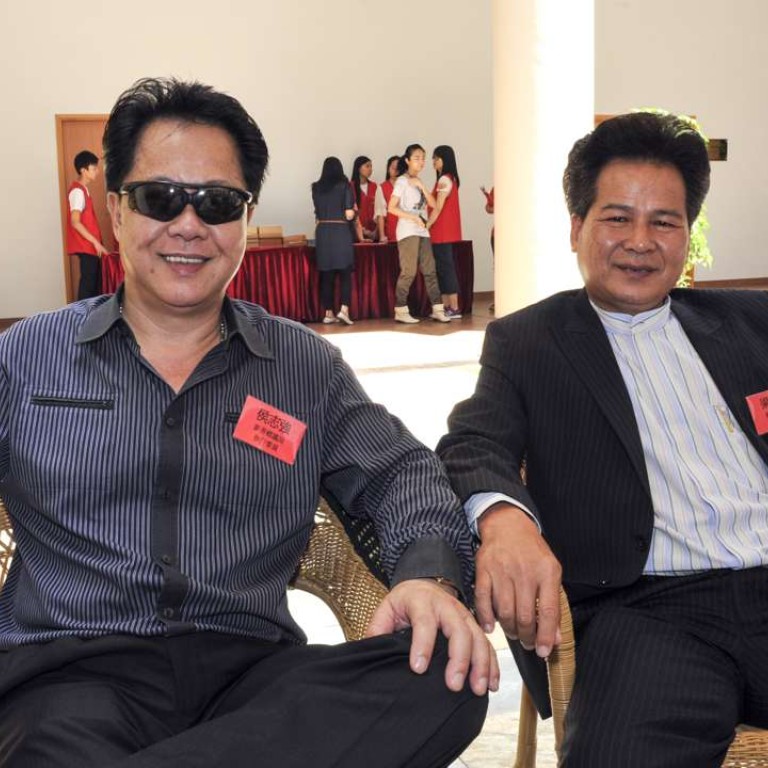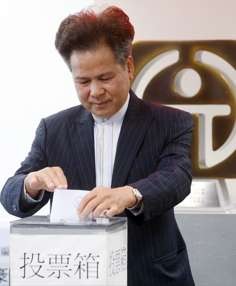
Hong Kong’s rural strongmen plot PR makeover to rebuild their tarnished public image
Village leaders to get lessons in handling the media and how to justify their privileged position on land policy
Rural leaders castigated for blocking development are seeking professional help to rebuild their tarnished public image and better handle the media.
A consultancy firm will be hired to draw up a publicity campaign that could cover issues from how rural leaders should talk to the media, to convincing “outsiders” why they should be allowed privileges in rural land policy.
Although their traditional rights are guaranteed under the Basic Law, the city’s mini-constitution does not give specific details. Rural leaders say the list should include hillside burials, the right to build small houses and exemption from government rent. While there is no official figure on the number of indigenous residents in the city – those who can trace their male ancestry back to residents of the New Territories in 1898 – some rural leaders estimate there are at least 300,000.
A vocal critic of rural affairs, legislator-elect Eddie Chu Hoi-dick, even claimed collusion involving triad forces.
The plan for a publicity campaign was endorsed at a recent closed-door meeting of the kuk, during which Sap Pat Heung rural committee chairman Leung Fuk-yuen was accused of destroying the image of rural people by saying in a radio interview that co-operation rather than collusion better summed up the relationship among the government, business sector, rural communities and “dark forces”.
At present, it seems that several big mouth leaders are representing rural voices
Chan Shung-fai, Ta Kwu Ling rural committee chairman, said a campaign to brush up the kuk’s image was long overdue.
“At present, it seems that several big mouth leaders are representing rural voices. That is very unfortunate. Outsiders may be misled to think that all rural villagers talk stupid things,” Chan said in reference to Leung and another outspoken village leader, Bowie Hau Chi-keung.
Chan hoped the kuk could hire a firm to handle media affairs on behalf of the kuk.
“I raised the image-building issue with the new [kuk] chairman [Kenneth Lau Ip-keung] several months ago. Unlike his father, he studied at the London School of Economics and he should know how an organisation should be run in the modern world.”

Veteran political public relations consultant Peter Lam Yuk-wah, referring to Leung’s bouffant hairstyle, said: “[Mr Leung’s] look is a bit too radical.”
Leung previously defended his appearance by saying: “It is my signature look ... I have kept this hairstyle for almost 20 years.”
Lam, principal consultant at AWTC (Lo & Lam) Consultancies, said rural leaders should give up the idea of a publicity campaign to get people to accept their views and be prepared to make compromises.
“A campaign is more than forcing your views on others. There will be feedback. And how are you going to deal with that feedback is more important. Otherwise, you can make things worse,” Lam said.
Li Yiu-ban, an ex-officio executive councillor of the kuk, said the publicity campaign would also include promoting public understanding of rural affairs and the kuk’s role and work.
He maintained that the idea of a publicity campaign had nothing to do with the controversy over the Wang Chau plan but was part of events to mark the 90th anniversary of the kuk this year.

